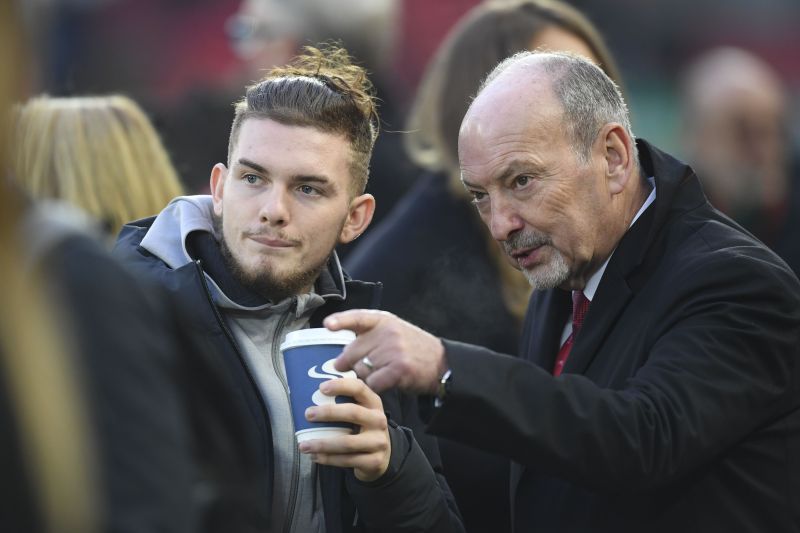
What can football do to tide over the COVID-19 crisis?
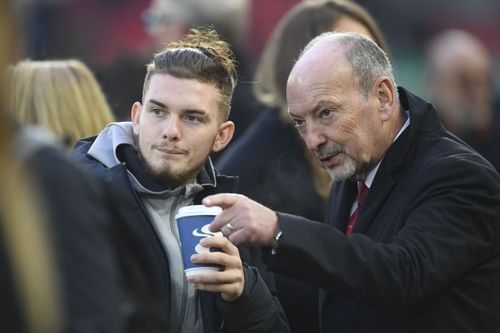
On Saturday, April 4, 2020, Liverpool Football Club announced they were going to apply to the British government's taxpayer-funded job retention scheme. This announcement from the world's seventh-richest football club was met with ridicule and people were aghast at the club's decision.
But after a weekend filled with backlash from its fan base, former players and beyond, the club decided to reverse its decision on April 6, with the chief executive Peter Moore stating:
"We believe we came to the wrong conclusion last week and are truly sorry for that. Despite the fact we were in a healthy position prior to this crisis, our revenues have been shut off yet our outgoings remain”.
Subsequently, the Liverpool executive went on to further explain the dynamics of the club with a statement that stated:
“Having these vital financial resources so profoundly impacted would obviously negatively affect our ability to operate as we previously have."
Critics were pleased with the outcry. The decision to reverse the club's initial stand was welcomed with comments of "common sense prevailed" and about the morals of a club and the public perception of the club as a whole.
This was a month back, and there is still no clear cut plan for the Premier League to commence.
While sport may not be the most important thing on our minds at this moment, it does provide a lot of employment opportunities for a lot of individuals and industries. As of April 25, most of the Premier League football clubs have made plans to keep on paying their staff (football and non-football) barring a handful of clubs.
However, this piece is not a recap of the events of last month but more of a perspective on how football post-Covid-19 is looking to survive and evolve.
For decades, the top football clubs in the world have functioned with some financial impunity with a no-holds-barred policy when it comes to commercialising each aspect of the club. But in these uncertain times, valuation and commercial income does take a hit.
A look at the current situation
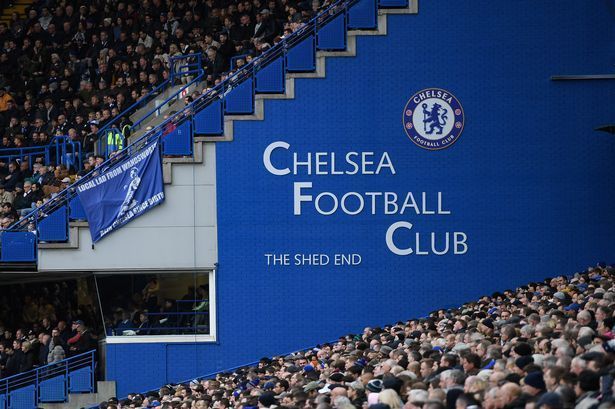
The big clubs may survive this suspension of football owing to the COVID-19 pandemic, but it is the smaller clubs that need the money more than anybody else. Every passing week presents greater challenges for football. If football ever returns, will it be the same again?
Football clubs that are termed as 'feeder clubs' might disappear. Clubs in the suburban and rural areas where most professionals take their baby steps in football may end up disappearing forever.
As Jonathan Wilson states in his piece:
“Football long ago abased itself before the capitalist altar and, while it would be preferable if more than lip service were paid to the idea the game has a community role, that it is not merely a business and didn’t exist simply to make the rich even richer, equally there has to be some realism."
Football clubs were established back in the day to hold together the social fabric of the community. But these clubs are also institutions that generate revenue and provide a significant source of employment.
For any institution to survive, it needs revenue. And this isn't happening, if there aren't games being played and matches not being broadcast. While in the past few years, broadcast and advertising rights have overshadowed gate receipts, it is the clubs at the top of the pyramid that reap those benefits.
Parachute payment packages for relegated football clubs and financial fair play by UEFA have been some of the curbs to combat rampant overspending in the past few years. But for the smaller clubs, these are the problems of the privileged, as they just look to eke out survival season over season. Fundamental issues such as renting out facilities and ensuring salaries of all playing and non-playing staff are in itself a concern.
Are there any realistic solutions in sight?
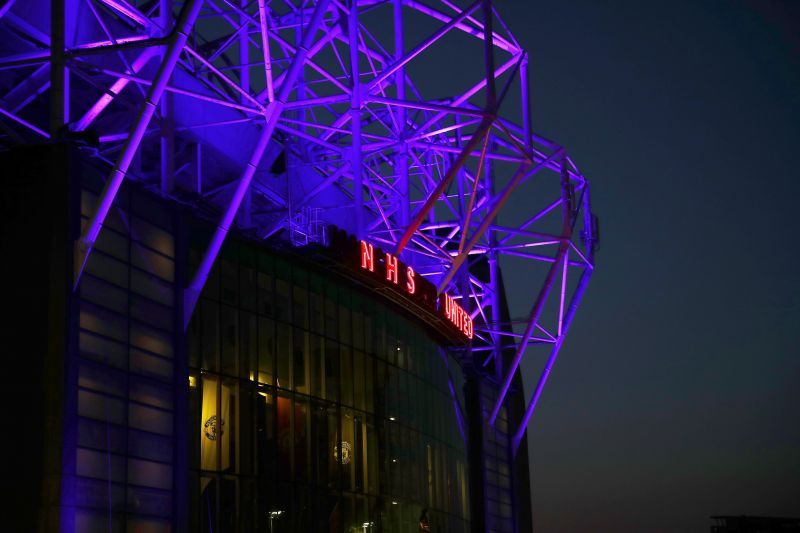
Maybe one of the ways forward could be that the bigger football clubs come together and help out, to the extent possible, in the funding of the local clubs in and around them. Clubs can be demarcated financially into different categories, depending on say, performance criteria, organisational success, finances and the club's possible future.
Think of it as a future contract of sorts, where the clubs can insert clauses as to right of first approach for players. Instead in a way the bigger football clubs could bankroll the smaller clubs as a part of their project and investment in the future.
Naysayers would say that it would stamp out the autonomy of a smaller football club. The smaller club in question would be held to a bigger football club's debt in the form of a diktat that would impede the former's football progress. But this is where the Football Association has the opportunity to lay down standards. It's given that in such a time, one cannot have a one size fits all policy.
Clubs choosing to collaborate with each other with proposals can help during these financial hardships. This would allow people some breathing space, and most importantly, solutions can be found out that would stabilise the lower structures of football.
This proposal is easier to moot than to implement. More nuanced pundits would have already thought of such solutions. Moreover, there may be already such arrangements in place. Some arrangements when it comes to purchasing players and scouting networks already exist.
Viewing it from a prism of a familial approach, it is the equivalent of a big brother taking care of its smaller one in the form of a loan till the smaller one finds their feet. Of course it is a given that the big brother does not interfere in the decisions of the smaller one.
Investors in the bigger football clubs would have their apprehensions, though, which is understandable. Thus, there could be protection clauses as to the amount invested at an acceptable interest rate that will balance all interests.
It's asking a lot of the big clubs. But then hasn't the Premier League taken pride in calling itself the best in the world that attracts the best talents? So maybe its time to adopt the best practices that will secure the future of those smaller clubs, who quietly and austerely go about their work, without asking for much.
One can say, there are a lot of holes in this approach. The bigger clubs may look to form "shell clubs" to pilfer away to their own pockets. But again this role of monitoring and implementation will have to be taken by the FA. But mostly it will have to be on faith and trust, especially as these measures are to be taken temporarily.
Recent Developments in the Football World
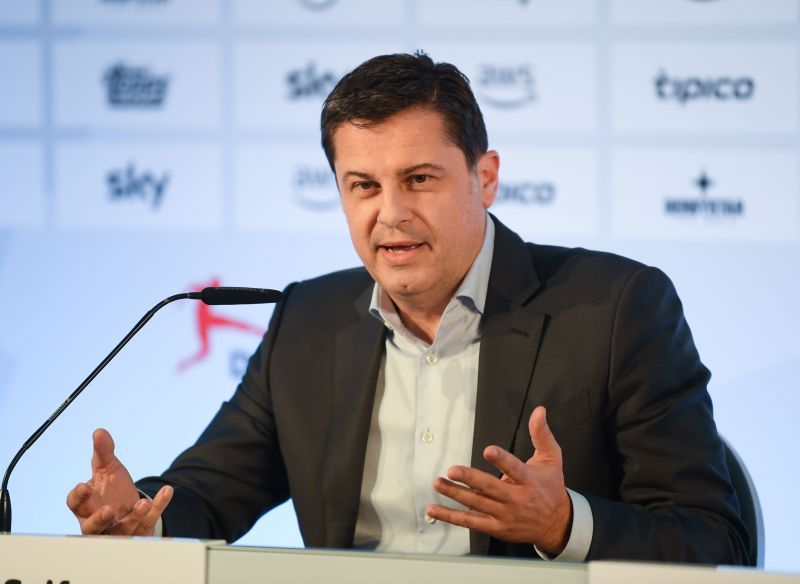
On Friday, May 1, 2020, the Premier League clubs did come together to discuss the possibility of wrapping up this season by playing the remaining fixtures at neutral venues. However, fans congregation, availing security facilities and essential medical services were the main causes of concern.
Unlike the Eredivisie and the Ligue 1, the Premier League hasn't had the equanimous support of its football clubs to suspend the league. But then these leagues have their reasons. The Ligue 1 has entered into a higher paying broadcast contract this season. For the Eredivise, there is no pressure from the broadcasters.
Already objections have been raised by Brighton, with their chief executive, Paul Barber stating:
“There is a potential to have a material effect on the integrity of the competition.”
Karren Brady, the chief executive of West Ham United, had already called for the season to be voided, which at the time was considered self-serving.
The German Bundesliga, which was set to re-start in May, will be further delayed after Chancellor Angela Merkel stated that any decision on if and when sports activities could resume would now be taken on Wednesday, May 6.
In light of all these developments, it becomes pertinent for clubs with footballing riches to ensure that the structures that have been painstakingly built over decades are given a modicum of respect and a helping hand.